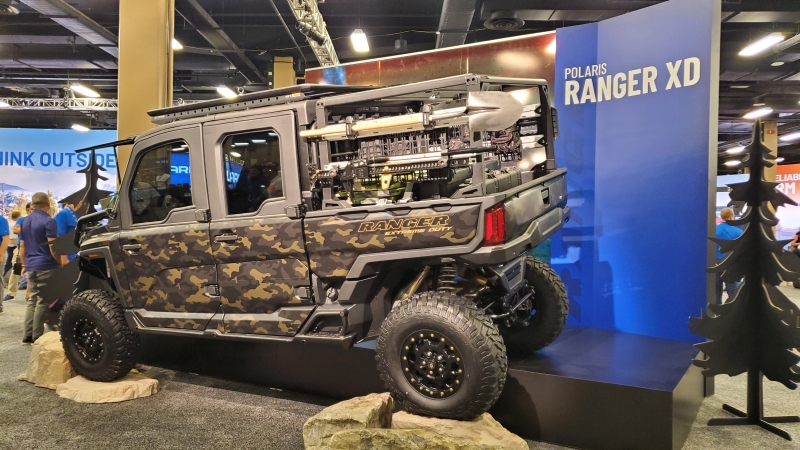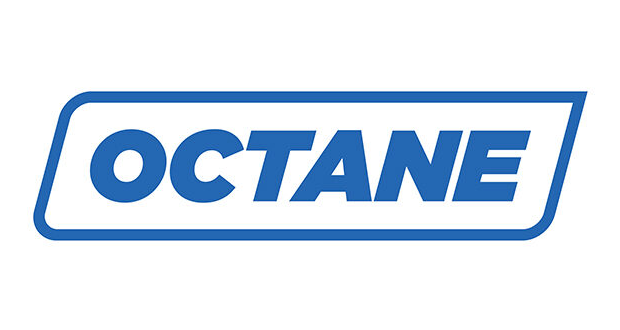Fitch warns tariff uncertainty stalling powersports demand recovery
According to a recent analysis by Fitch Ratings, U.S. powersports dealers hoping for a rebound in consumer demand may be waiting longer than expected. Tariff-related uncertainties and weak consumer sentiment continue to weigh heavily on the market.

Despite limited direct cost and operational impact from tariffs, ongoing macroeconomic uncertainty—including high interest rates and volatile trade policy—has stalled recovery in the highly discretionary powersports segment. Fitch notes that these conditions are extending an already challenging downturn that began following the post-pandemic surge in demand.
Dealers feel pinch
Dealers across the country are still grappling with the aftereffects of overstocking in 2021–2022 when supply chain bottlenecks and soaring demand prompted aggressive purchasing. Now, OEMs have pulled back on production in an effort to rebalance dealer inventories and maintain pricing power. But higher consumer financing costs and inflation fatigue are limiting retail movement, leaving showrooms quieter than expected this spring.
OEMs under pressure
Fitch recently revised the ratings outlooks of industry giants Brunswick Corporation and Polaris Inc. to negative, citing deteriorating operating performance and rising leverage. While both companies retain strong cash flow and financial flexibility, a prolonged demand slump could keep them above Fitch’s downgrade thresholds for longer than anticipated.
On the other hand, Harley-Davidson retains a stable rating for Fitch, thanks to a strong balance sheet and consistent cash flow from its financial services arm. However, upcoming leadership changes and boardroom friction have introduced new uncertainty into the company’s medium-term strategy.
Manageable headwinds
While the powersports industry’s exposure to tariffs is less severe than some sectors—thanks to largely domestic sourcing and limited reliance on Chinese imports—uncertainty still looms. Manufacturers have shifted their supply chains to reduce risk, and more than 70% of cost of goods sold is now sourced domestically.
Imports from Canada and Mexico remain compliant under the USMCA, though potential retaliation from global trade partners could impact exports, particularly for brands like Harley-Davidson with a larger international footprint.
A recent EU ruling allowing duties on Harley’s Thai-made motorcycles entering Europe has further complicated the company’s global strategy.
Resilience needed
In the current environment, dealers should brace for continued margin pressure and restrained pricing flexibility. Fitch expects discounting to moderate as OEMs work through excess inventory, with premium brands like Harley-Davidson, Brunswick, and Polaris better positioned to defend pricing thanks to strong brand loyalty.
However, for now, dealers may need to rely on smart inventory management, flexible promotions, and strong customer engagement strategies to weather what is shaping up to be a longer-than-expected slowdown.









